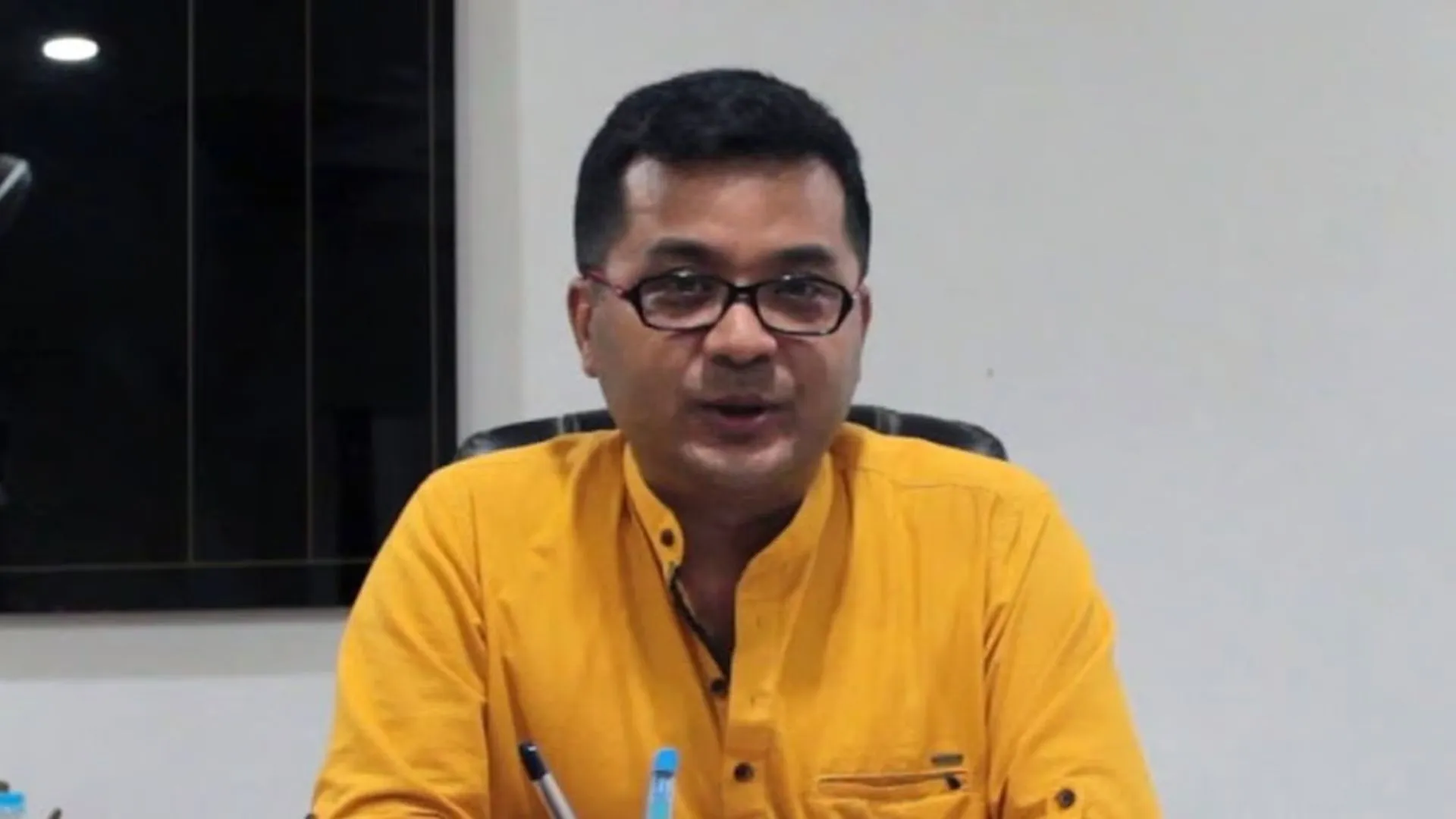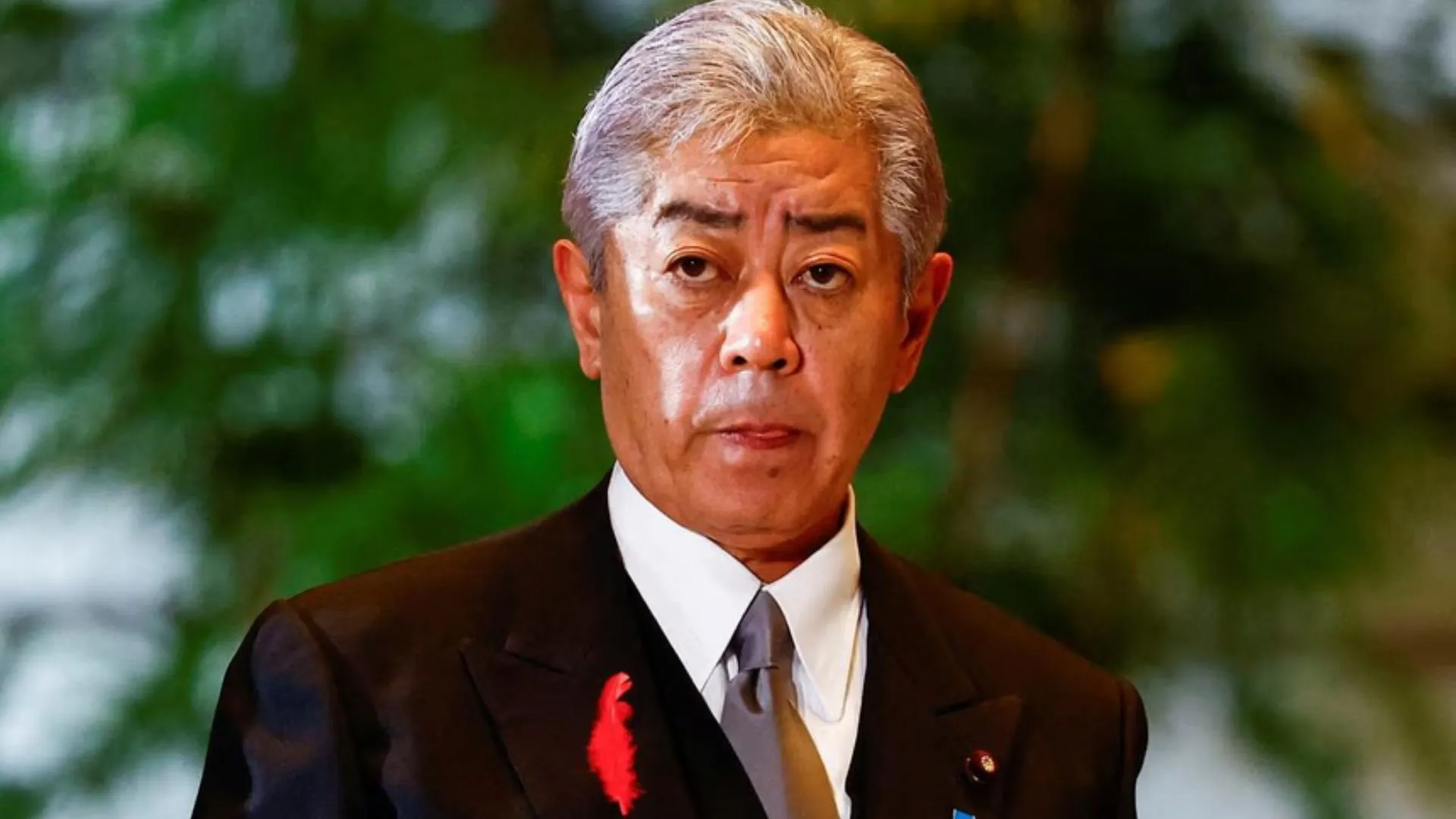It’s time that India’s security apparatus stayed extra vigilant. The G20 leaders’ summit is just a month away. World leaders will descend on New Delhi in September, in what will be the culmination of India’s G20 presidency, before the baton is handed over to Brazil. Following this will start the run-up to the Assembly elections and then the big one, the Lok Sabha elections. A flare-up of any sort, any unrest or security loopholes in any part of the country in this period should be pre-empted and prevented. Amid this, the involvement of external actors—with local support—should not be ruled out, even though incidents like the ethnic violence in Manipur or the communal violence in Haryana’s Mewat region, have largely local factors triggering them. In fact, these incidents are more than law and order problems or social issues, and can be seen in a larger geopolitical context. At a time when global attention is on India, it makes for terrible optics for areas located within a 100 km of the national capital engulfed in communal violence. Is it a coincidence that this is the second time such violence is taking place in the Delhi-NCR just when the global spotlight is on India?
Think of then US President Donald Trump’s visit to India in February 2020. Think of the street protests, the violence, the arson over a deliberately misinterpreted CAA and eventually the three-month-long Shaheen Bagh protests blocking Delhi’s roads. The violence in Delhi’s Jahangirpuri area started just when President Trump’s Delhi engagement began. Just like in the Nuh case, in Jahangirpuri too, stones, petrol bombs and arms and ammunition had been amassed on rooftops, from where stone-pelting was done and bombs were thrown even as the violence got uglier. It was too much of a coincidence for the Jahangirpuri violence to be a spontaneous conflagration. Preparations for it were done for weeks, if not months. The Nuh-Mewat violence too does not seem to be spontaneous.
The latest violence has taken place on the edges of Gurugram, one of the most important corporate hubs not just in the Delhi-NCR, but also in the whole country. Here is India, the fastest growing economy in the world on its way to become the third largest economy, projected as a major global manufacturing hub, a country where many key multinational companies are setting up shop or shifting base from China; and here is arson taking place right on the doorsteps of its national capital, putting its corporate heart on the knife’s edge. If that does not gladden the hearts of India’s foes, including China and Pakistan, what will? As it is there have been mysterious incidents like labour unrest in MNCs and fire incident in a vaccine manufacturing factory that have had the Chinese media openly urging multinational companies to stay away from a “risky” India. The latest incident will be music to their ears. Already the anti-India section of western mainstream media has started highlighting the violence as proof of a “Hindu nationalist India’s” unsuitability to be on the global high table. If the latest violence is not brought under control quickly, unless the culprits are caught, and any possible violence in any part of the country is pre-empted, chances are the chorus against India will reach a crescendo and may even threaten to impact the G20 leaders’ summit.
As for Manipur, the “invisible” foreign hand cannot be ruled out in supplying arms and ammunition to the bordering areas of the state. Manipur may not share a border with China, but as some experts have pointed out, Myanmar along India’s border is, for all purposes, Chinese territory. Given the quantum of arms and ammunition being recovered from Manipur regularly, there has to be an explanation for their source. Even former Army Chief, Gen M.M. Naravane has hinted at the involvement of the Chinese in stoking insurgency in Manipur.
Then there is Prime Minister Narendra Modi’s continuing popularity, which is making his detractors unhappy, nervous and desperate—a desperation borne out of the realization that he is more than likely to return next year to govern India a third time. To counter him the modus operandi is simple. To convey a sense of drift and anarchy by ensuring repeated incidents of violence until the Lok Sabha elections. The detractors believe that by keeping the country strife-torn, by making the government firefight endlessly, they can dent the trust that people have in the Prime Minister. Experts believe that here too the “foreign hand” behind Indian players cannot be ruled out, given that China wants someone malleable as Indian Prime Minister, someone who will do their bidding, and not someone who can stand up to them, the way the incumbent PM does.
The bottom line is, internal stability is of utmost importance now. India and its interests cannot be allowed to be hijacked by a group of unscrupulous people who want this country and its leadership to fail. All the more reason why it is time to be vigilant.

















